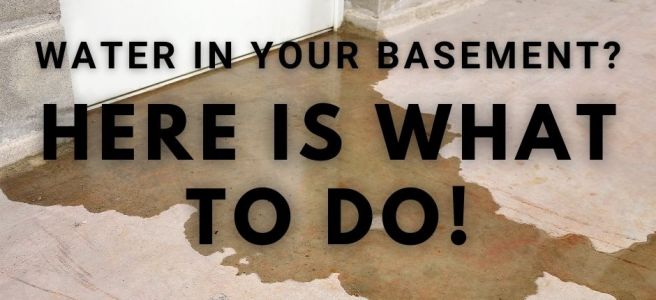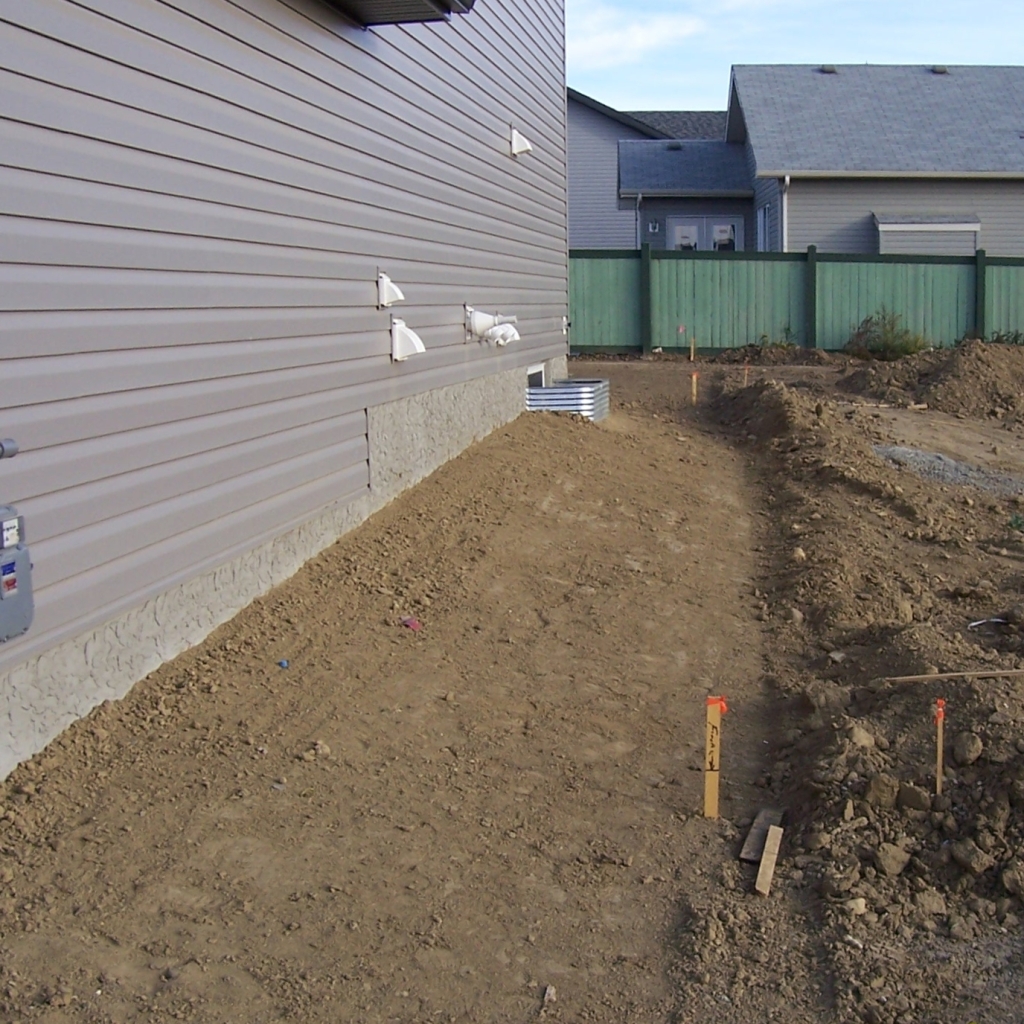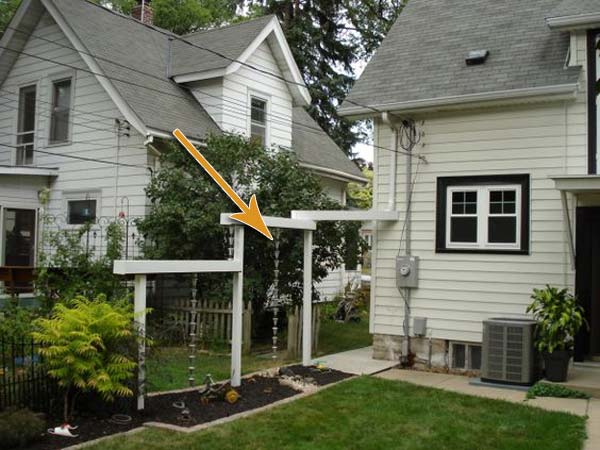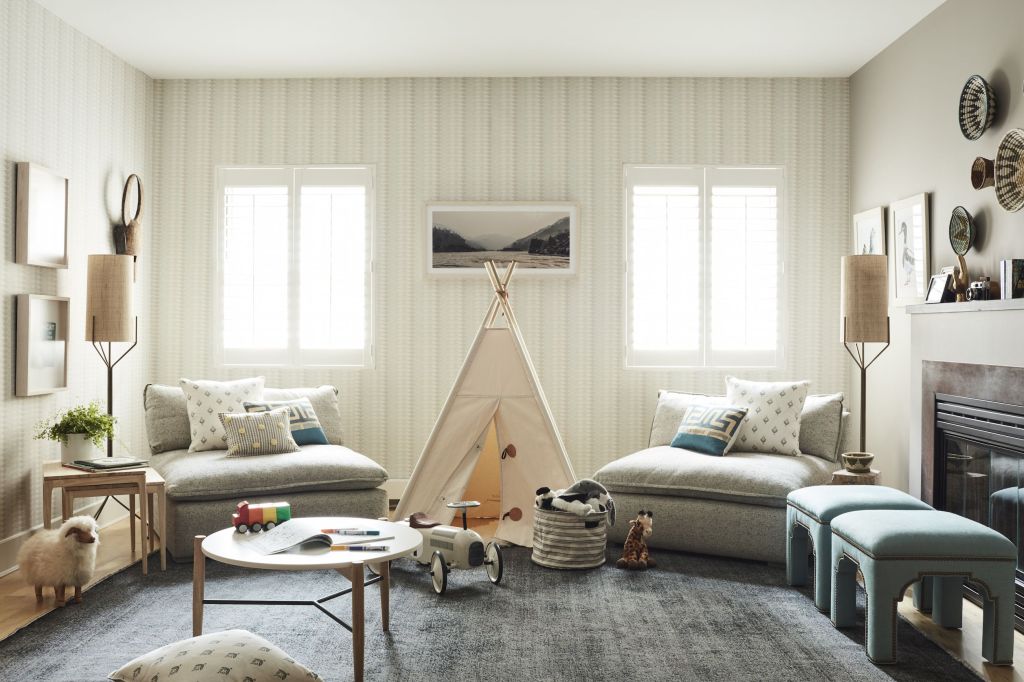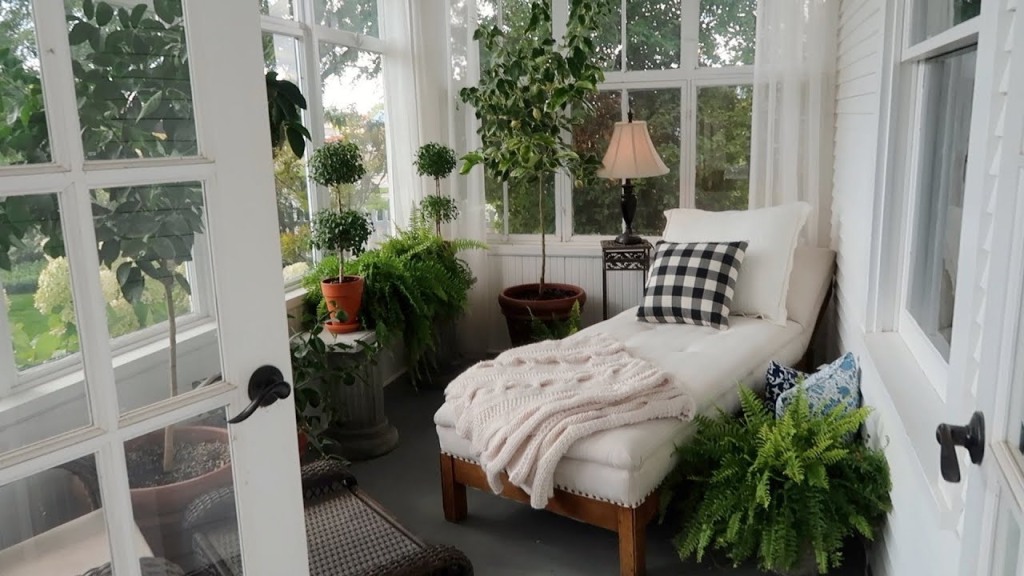Though not predictable, you can always rely on the real estate market in Minnesota to change. Here are some predictions for the housing market in 2022.
- 2022 will fall just short of record-breaking
“Zillow’s forecast calls for 11% home value growth in 2022. That’s down from a projected 19.5% in 2021, a record year-end pace of home value appreciation, but would rank among the strongest years Zillow has tracked. Existing home sales are predicted to total 6.35 million, compared to an estimated 6.12 million this year. That would be the highest number of home sales in any year since 2006.” Zillow (https://www.zillow.com/research/zillow-2022-housing-predictions-30394/)
- Mortgage rates may rise, but inventory may rise as well
“The market is likely to cool compared to 2021, but it will still be active… It may still be a seller’s market in many areas, but there’s likely to be more opportunities and wiggle room for homebuyers. A ‘priced out’ buyer should be able to find many more options. Experts also reinforce that 2022’s housing market is not at all likely to crash — the conditions we’re seeing are nothing like those that led up to the crisis of 2008.” Andrina Valdes (https://finance.yahoo.com/news/where-home-prices-headed-2022-200001201.html)
- Rents are expected to outpace home price growth over the next year
“Nationwide, rent growth went from minimal to double-digit pace in 2021 as the U.S. made substantial progress against the pandemic. With the rental vacancy rate continuing near its historic lows during the pandemic, in which just 5.7% to 6.8% of rental housing units are vacant at any point in time compared to 7% or more, historically, renters are also contending with limited supply and excess demand that leads to upward pressure on rents. In 2022, we expect this trend will continue and fuel rent growth. At a national level, we forecast rent growth of 7.1% in the next 12 months, somewhat ahead of home price growth as rents continue to rebound from slower growth earlier in the pandemic.” Realtor.com (https://www.realtor.com/research/2022-national-housing-forecast/)
These are just predictions made by economists and other websites conducting studies. If there is anything we have learned over the years it’s that things can always change!
Curious what your home would sell for in the current market? Give us a call or an email for a free home value estimate.






